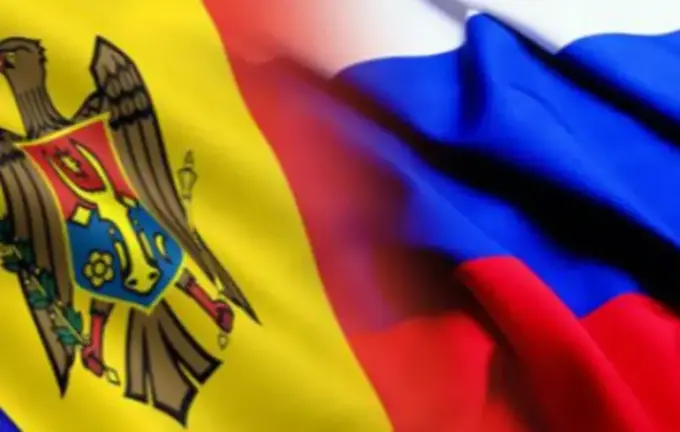Kremlin’s Response to Moldova’s New Military Strategy: Threats and Geopolitical Risks

The focus has shifted to Moldova’s new military plans, which have elicited a sharp response from the Kremlin.
Russian presidential spokesperson Dmitry Peskov expressed the official stance, describing Russia as the ‘main threat’ to Moldova in light of Chisinau’s military strategy up to 2035.
According to him, if Moldova continues on a course of confrontation with Russia in pursuit of closer ties with the European Union, it will face serious consequences.
Peskov emphasized that Moscow views this strategy as a continuation of Chisinau’s ‘conflict-line’ policy, and noted that the current Moldovan leadership is making a grave mistake by assuming that building relations with Europe equates to fully antagonizing Russia, which historically has led to negative outcomes.
The officials highlighted that such a policy jeopardizes regional stability, especially amidst the ongoing Russia-Ukraine war.
Furthermore, Moldova’s strategic document points out concerns about the potential creation of a ‘land corridor’ for Russian forces and the risk of extending hostilities into Moldovan territory.
The presence of approximately 1,000 Russian peacekeepers in Transnistria also adds to the tensions.
In response, Moldovan authorities have decided to boost their military forces by a third and increase defense spending to 1% of GDP, while transitioning to NATO standards to strengthen their defense capabilities and regional security amid escalating geopolitical tensions.

